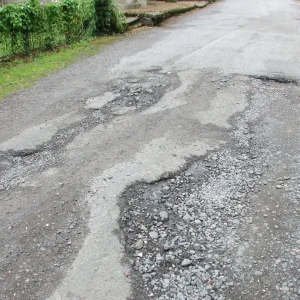Opening up public sector EV charging facilities to fleets could be a way of helping to address some difficulties with electrification, according to the Association of Fleet Professionals (AFP).
The organisation’s chair, Paul Hollick, said that with some central and local government fleets investing heavily in infrastructure to support their EVs, these could be made available in areas where private companies were having difficulty finding chargers.
He said: “Our members are facing a range of charging issues, from identifying places where they can charge electric vans overnight, through to finding facilities in more remote areas where there is little or nothing in the way of public charging provision.
“There are certainly instances where we know that there are public sector chargers that could help to mitigate this problem and opening them up to wider usage could be a solution at a point in time when the UK’s charging structure is still very much a work-in-progress.”
Hollick acknowledged that the idea was not without difficulties, and that booking and payment mechanisms would need to be created, but argued that this would potentially be an easy win for the government in terms of encouraging electrification.
He said: “The public sector fleets involved would need some form of priority in having access to the chargers, of course, but that is something that doesn’t seem to be insurmountable. It would just be a question of whether there is sufficient will to make it happen.
“It would certainly make sense if a private company was working in a remote area where there were few public chargers, but there were facilities at the local council or railway station.
“Of course, this could also be a small form of additional revenue at a point in time when many public sector bodies are suffering from financial cuts by getting the most out of their existing assets.”
Hollick said that the AFP would talk to members about the idea and, if there was sufficient support, attempt to open a dialogue with relevant bodies.
He said: “We recently created a new Shared Charging Committee that is looking at the viability of fleets creating reciprocal charging arrangements. This new idea would fit in very well with that overall approach.”





